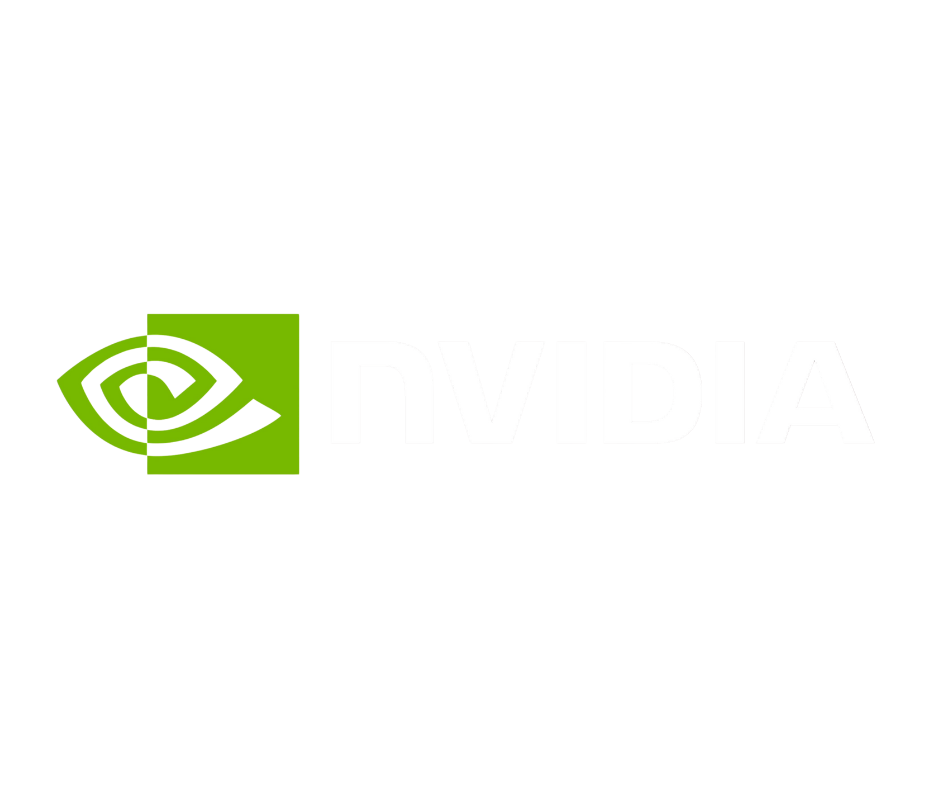
6 ChatGPT Alternatives to Try in 2025
If you’ve felt limited or want something more tailored, here are six great alternatives to consider—each with different strengths. One of them is YG3, which offers a more specialized focus around marketing operations.
1. Claude (Anthropic)
Best for: Safer responses, long context, deep reasoning.
Claude models (like Claude 3) are designed with alignment and safety in mind. They excel at handling large documents and in-depth analysis while reducing hallucination risks. Perfect for research, summarization, and thoughtful writing.
2. Google Gemini
Best for: Multimodal work and integration with Google tools.
Gemini connects seamlessly with Google Docs, Sheets, and Search, making it great for productivity. It also handles multimodal inputs—text, images, and more—helpful for real-world tasks that go beyond text chat.
3. YG3
Best for: Agencies and marketing operators who want an all-in-one platform.
YG3 isn’t just a chatbot—it’s a marketing operating system powered by Elysia, an AI strategist. It combines organic content creation, paid ads, reporting, and client management into one platform. If you’re tired of juggling 6+ different tools, YG3 replaces them with a single workflow designed for clarity, speed, and scale.
4. Perplexity
Best for: Real-time fact-based answers with citations.
Perplexity is built for research. Every response is backed by citations and sources, making it an ideal tool when accuracy and reliability matter most. It’s especially useful for academic research, fact-checking, and staying up-to-date with the latest information.
5. Microsoft Copilot
Best for: Productivity inside Microsoft 365.
If you use Word, Excel, or Outlook daily, Microsoft Copilot integrates directly into your workflow. It can draft documents, summarize emails, and analyze spreadsheets, helping you get more done without leaving the apps you already use.
6. DeepSeek
Best for: Affordable, accessible AI for general use.
DeepSeek quickly rose in popularity as one of the most downloaded free AI apps in 2025. It offers solid reasoning and content generation features in a simple, user-friendly interface. A great option if you want a low-cost entry into AI.
Which One Is Right for You?
Each alternative shines in different ways:
- Claude → Safer, longer context, deep reasoning.
- Gemini → Google ecosystem + multimodal input.
- YG3 → Full marketing operating system.
- Perplexity → Research with real citations.
- Microsoft Copilot → Productivity inside Office apps.
- DeepSeek → Simple and affordable.
Conclusion
ChatGPT is powerful, but alternatives like Claude, Gemini, YG3, Perplexity, Copilot, and DeepSeek can be better depending on your needs. Instead of searching for a one-size-fits-all tool, choose based on what will truly remove friction from your workflow—whether that’s deep research, creative content, or integrated marketing operations.






